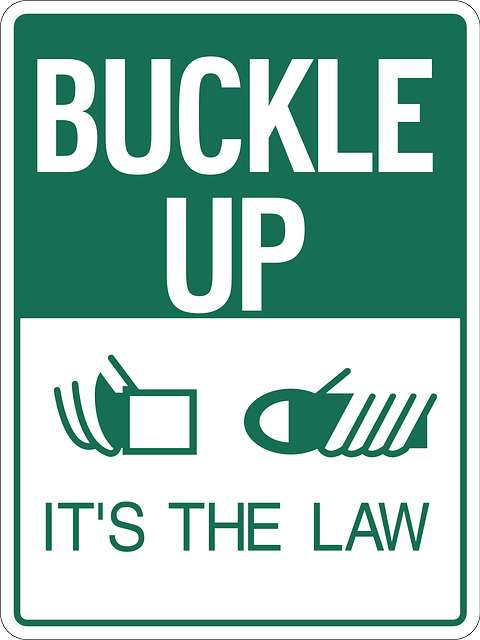Plea bargaining, a key strategy employed by RF Finance law firms, streamlines criminal justice for defendants facing white-collar and economic crimes. It offers significant advantages by reducing judicial backlogs through efficient case management. Defendants benefit from quicker resolutions, avoiding the time and financial burden of lengthy trials. This method provides control over outcomes, often resulting in more favorable judgments compared to trial verdicts, especially for first-time offenders or non-violent crimes. By negotiating with prosecutors, RF Finance firms ensure swift justice while mitigating penalties for their clients.
“In the intricate landscape of criminal justice, plea bargaining emerges as a pivotal strategy, offering both complexities and advantages. This article explores the critical role of RF Finance Law Firms in facilitating plea deals, with a focus on the benefits for defendants seeking a fair outcome. We delve into how this process enhances efficiency and cost-effectiveness, ultimately highlighting the value of understanding plea bargaining as a key component in navigating criminal cases.”
- Understanding Plea Bargaining: A Key Strategy in Criminal Justice
- The Role of RF Finance Law Firms in Negotiating Plea Deals
- Benefits for Defendants: Securing a Fair Outcome
- Enhancing Efficiency and Cost-Effectiveness through Plea Bargaining
Understanding Plea Bargaining: A Key Strategy in Criminal Justice

Plea bargaining is a critical aspect of criminal justice, offering both advantages and strategic opportunities for all parties involved. This process involves the defendant and their legal representation negotiating with prosecutors to reach an agreement that typically includes accepting a lesser charge or a reduced sentence in exchange for a guilty plea. The benefits of this strategy are manifold; it can streamline the judicial process, saving courts valuable time and resources. For defendants, it often provides a more favorable outcome than facing a potentially harsher sentence at trial, especially for those accused of non-violent crimes or first-time offenses.
In the realm of RF Finance law firms serving as general criminal defense attorneys, understanding plea bargaining is key to navigating complex cases effectively. By negotiating on behalf of their clients during all stages of the investigative and enforcement process, these firms can help ensure that their clients receive fair treatment and, where possible, achieve winning challenging defense verdicts without the need for lengthy trials. This strategic approach not only benefits clients but also contributes to a more efficient criminal justice system.
The Role of RF Finance Law Firms in Negotiating Plea Deals

RF Finance Law Firms play a pivotal role in facilitating plea bargaining processes, which offers significant advantages in criminal justice systems across the country. This strategy is particularly beneficial for addressing complex white collar and economic crimes, allowing for more efficient case management and reduced judicial backlogs. By engaging in plea negotiations, these law firms enable both prosecutors and defendants to reach mutually agreeable resolutions without the need for lengthy trials.
The process involves strategic discussions where RF Finance Law Firms advocate for their clients’ interests while considering the broader implications of the case. They weigh the potential outcomes, including sentencing guidelines and public perception, to craft a plea bargain that aligns with the best interests of their client. This approach not only saves time and resources but also ensures a more swift resolution to crimes, fostering a sense of justice and accountability in communities nationwide.
Benefits for Defendants: Securing a Fair Outcome

For defendants facing criminal charges, particularly in complex cases involving white-collar offenses or general criminal matters, plea bargaining offers several significant benefits that can lead to a more favorable outcome. This strategy, which involves negotiating a plea deal with prosecutors, allows individuals or corporate entities to secure a lesser charge or reduced sentence in exchange for admitting guilt or agreeing to specific terms. By engaging in plea bargaining, defendants can navigate the legal system more effectively and mitigate potential consequences.
One of the key advantages is the opportunity to avoid the lengthy and often unpredictable journey through a trial. Plea bargaining provides a direct path to resolution, allowing for better control over the outcome. This is especially crucial when dealing with high-stakes cases, where corporate and individual clients seek to protect their reputations and minimize legal expenses. By accepting a plea bargain, defendants can often achieve a more desirable result than if they went to trial and were found guilty, ensuring a fairer and more tailored justice process.
Enhancing Efficiency and Cost-Effectiveness through Plea Bargaining

Plea bargaining is a powerful tool that RF finance law firms employ to enhance efficiency and cost-effectiveness in criminal cases. By negotiating a plea agreement with prosecutors, defendants can avoid the time-consuming and costly process of a trial. This strategy is particularly beneficial for clients facing white collar and economic crimes charges, as it allows them to resolve their legal issues more swiftly and with reduced financial burden.
The benefits of plea bargaining in criminal cases are significant. For RF finance law firms, it means their clients can mitigate potential consequences, including lengthy prison sentences and substantial fines. Additionally, plea bargains often result in a more favorable outcome for the defendant compared to what they might achieve at trial. This approach is especially useful in white collar defense, where complex financial crimes require meticulous legal strategies to navigate through a maze of regulations and evidence.
Plea bargaining, as a strategic element within criminal justice, offers significant advantages, especially when facilitated by RF finance law firms. By engaging in this process, defendants can secure fair outcomes, navigate legal complexities, and mitigate potential penalties. The benefits extend beyond individual cases, contributing to an efficient and cost-effective legal system. Understanding and leveraging plea bargaining as a tool is crucial for both legal professionals and those involved in the criminal justice system, ultimately streamlining processes and ensuring more positive resolutions.






